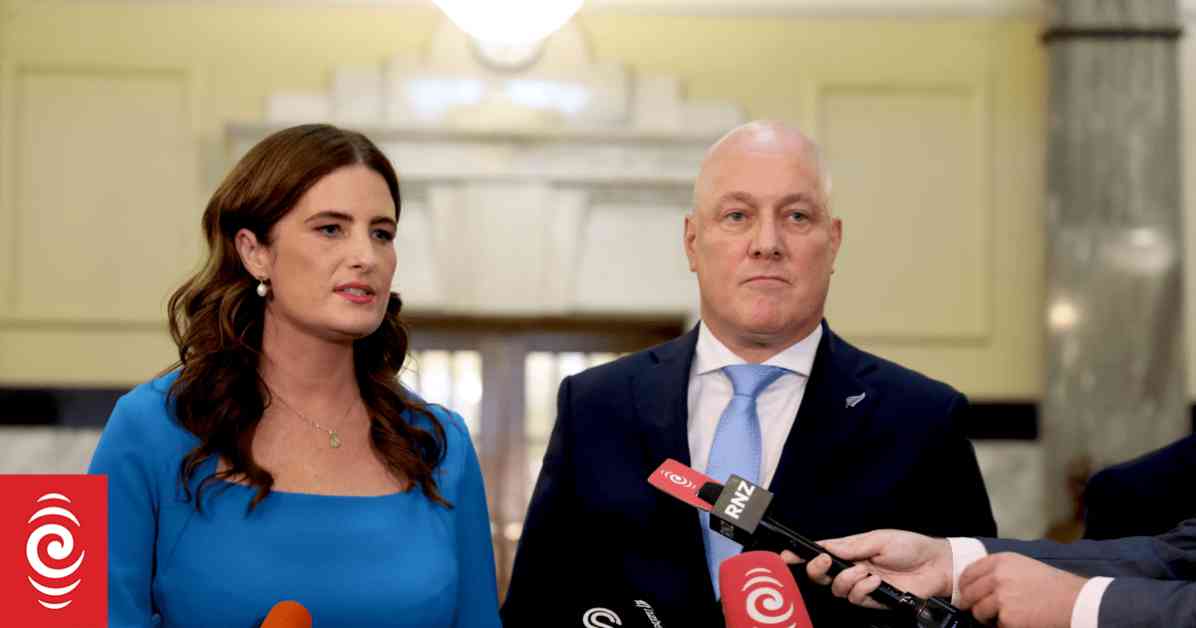Budget Day is always a whirlwind, with opposition politicians, journalists, and economists scrambling to make sense of the government’s financial plans in just three-and-a-half hours. The recent Budget, dubbed the ‘Growth Budget’ by the government, introduced several significant changes that stirred up mixed reactions among experts and politicians.
The government managed to find $2.7 billion a year through adjustments to pay equity, reduced its contributions to KiwiSaver, and eliminated payments to 18 and 19-year-olds for sitting idle. Additionally, a new Investment Boost tax incentive was introduced, expected to boost New Zealand’s GDP by 1 percent over the next two decades. Finance Minister Nicola Willis and Prime Minister Christopher Luxon faced the media to address these changes, sparking a range of opinions from economists and MPs.
Economists like Craig Renney labeled the Budget as ‘Highway Robbery’, criticizing the impact on working people and low-income workers. Tax expert Terry Baucher praised the Investment Boost scheme but expressed disappointment in the lack of support for low-income families. Max Rashbrooke, an inequality researcher, criticized the KiwiSaver changes as mean-spirited, shifting the burden of saving onto individuals. Despite differing views, experts like Brad Olsen acknowledged the government’s attempts to balance spending and cutbacks in Budget 2025.
As discussions unfolded in Parliament, various party leaders weighed in on the Budget. Labour leader Chris Hipkins vowed to reverse pay equity changes if in power, emphasizing the principle of equal pay. Prime Minister Christopher Luxon defended the Budget as balanced, focusing on growth and support for frontline services. Meanwhile, ACT leader David Seymour applauded the pay equity changes and supported the Incentive Boost scheme for its potential impact on capital investment.
The Green Party criticized the Budget as lacking ambition and care for marginalized groups, highlighting concerns about the treatment of young job seekers and investment in gas fields. Finance Minister Nicola Willis defended the KiwiSaver changes as necessary for the scheme’s sustainability in the face of rising costs from an aging population. Despite differing opinions and heated debates, the Budget reflected the government’s efforts to navigate economic challenges and priorities for the future.





